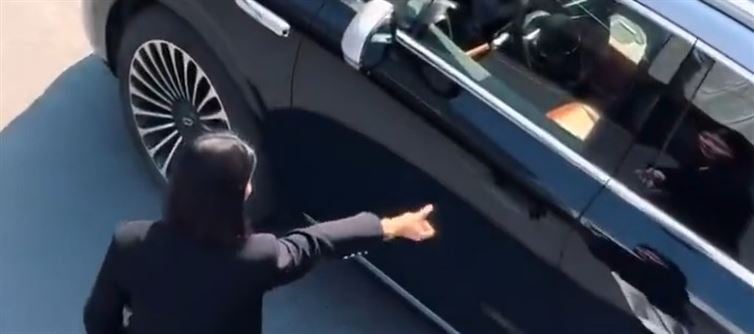
technology enthusiast and YouTuber Marques Brownlee, known as MKBHD, expressed skepticism about the practicality of gesture-controlled car doors, specifically referencing a demonstration by Huawei. This critique resonates with many who question whether the complexity of gesture recognition systems justifies the convenience they offer, especially when traditional methods remain straightforward and reliable.
The discussion around gesture-controlled car doors is part of a broader conversation about the integration of advanced technologies in everyday vehicles. Huawei's gesture-sensing technology, as demonstrated, aims to enhance user experience by allowing touchless interaction, potentially reducing the spread of germs and offering a futuristic appeal.
However, Brownlee's point raises concerns about the practicality of these systems in real-world scenarios. For instance, the precision required for gesture recognition might not always be foolproof, leading to potential misinterpretations or failures that could frustrate users. This skepticism is echoed by other users in the thread, who suggest that the technology might be more about novelty than necessity, especially when simpler solutions exist.
Moreover, Brownlee's post sparks a debate on the balance between innovation and usability in automotive technology. While gesture control might appeal to a niche market, such as those with disabilities or germaphobes, as pointed out by other respondents, its broader adoption could be hindered by the learning curve and the risk of system errors.
The discussion around gesture-controlled car doors is part of a broader conversation about the integration of advanced technologies in everyday vehicles. Huawei's gesture-sensing technology, as demonstrated, aims to enhance user experience by allowing touchless interaction, potentially reducing the spread of germs and offering a futuristic appeal.
However, Brownlee's point raises concerns about the practicality of these systems in real-world scenarios. For instance, the precision required for gesture recognition might not always be foolproof, leading to potential misinterpretations or failures that could frustrate users. This skepticism is echoed by other users in the thread, who suggest that the technology might be more about novelty than necessity, especially when simpler solutions exist.
Moreover, Brownlee's post sparks a debate on the balance between innovation and usability in automotive technology. While gesture control might appeal to a niche market, such as those with disabilities or germaphobes, as pointed out by other respondents, its broader adoption could be hindered by the learning curve and the risk of system errors.




 click and follow Indiaherald WhatsApp channel
click and follow Indiaherald WhatsApp channel